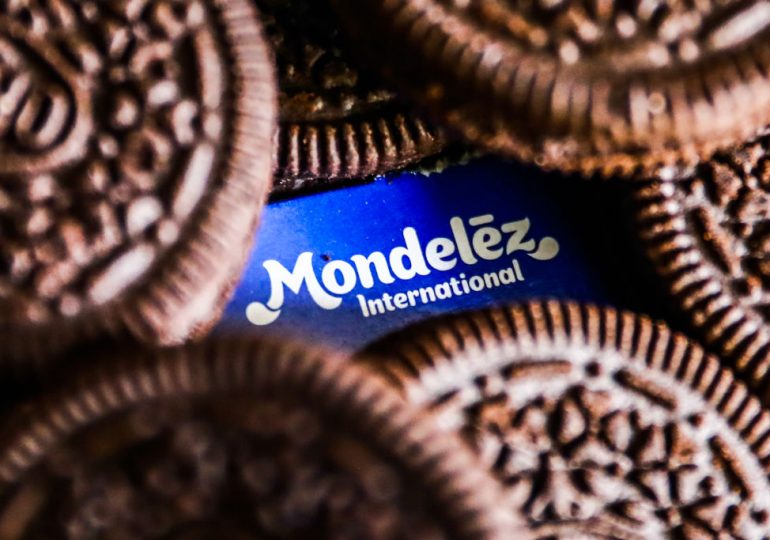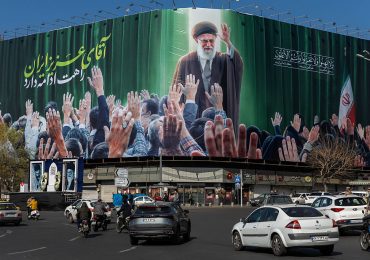Mondelēz, the maker of Oreo cookies and Cadbury Dairy Milk chocolate, has been fined $336 million (€337.5) by the European Commission for breaching laws regarding cross-border sales. Mondelēz was found to have engaged in 22 different instances of anticompetitive practices, including refusing to supply distributors and brokers in multiple E.U. countries so that products could be sold at higher prices.
[time-brightcove not-tgx=”true”]
“In today’s decision, we find that Mondelēz illegally limited cross-border sales across the E.U. Mondelēz did so to maintain higher prices for its products to the detriment of consumers,” Margrethe Vestager, the E.U.’s Executive Vice-President in charge of competition policy, said in a statement on Thursday.
The incidents took place between 2006 and 2020 across all E.U. markets. In one incident, Mondelēz is said to have refused to supply chocolate bars to the Netherlands because they feared these chocolate bars could be resold in Belgium, where Mondelēz was already selling them at higher prices.
In other incidents reported in the statement, Mondelēz imposed limitations that prevented seven wholesale customers from reselling products in various territories. One contract signed between Mondelēz and a wholesaler even included a provision that required wholesalers to sell exports at higher prices than domestic sales.
The European Commission calculated the fine for Mondelēz’s behavior based on the value of sales lost to the anti-competitive practices and the gravity and duration of the violations.
In an emailed statement to TIME, Mondelēz said that the incidents do not reflect the company’s culture. “This historical matter is not representative of who we are and the strong culture of compliance for which we strive. At Mondelēz International, we place the strongest emphasis on integrity and respect for the laws of the countries in which we operate,” the spokesperson said. “We are firmly committed to the highest compliance standards, and we take the responsibility we have for our colleagues, customers, distributors and consumers very seriously.”
They also claimed that Mondelēz representatives were not present at some of the dealings that resulted in the anti-competitive actions.
“Many of these incidents were related to business dealings with brokers, which are typically conducted via sporadic and often one-off sales, and a limited number of small scale distributors developing new business in E.U. markets in which Mondelēz is not present or doesn’t market the respective products. This accounts for a very limited part of Mondelēz International’s European business,” the spokesperson said.
Leave a comment








